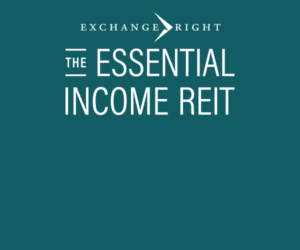How Will the Newly Expanded Accredited Investor Definition Affect Wealth Managers?
September 8, 2020 | Mat Dellorso | WealthForge
 On August 26th, 2020, the SEC amended the definition of accredited investor, an identifier of individuals and entities that are eligible to invest in certain restricted alternative investments such as private real estate funds and other investments under Regulation D. The previous rules, which defined accredited investors based on net worth and/or income, had not been updated since they were instated in 1983. Since then, numerous technological and regulatory changes have taken place, altering the investment landscape in the process and necessitating a fresh look at the rule.
On August 26th, 2020, the SEC amended the definition of accredited investor, an identifier of individuals and entities that are eligible to invest in certain restricted alternative investments such as private real estate funds and other investments under Regulation D. The previous rules, which defined accredited investors based on net worth and/or income, had not been updated since they were instated in 1983. Since then, numerous technological and regulatory changes have taken place, altering the investment landscape in the process and necessitating a fresh look at the rule.
The updated definition contains numerous expansions, such as the inclusion of entities like Native American tribes, limited liability companies, and family offices with at least $5 million in assets under management. But for the purposes of financial advisors and registered representatives wondering how the new rule will affect them and their current and potential investor clients, here are some key takeaways:
• Individuals who hold a Series 7, Series 65, or Series 82 license are now considered accredited, regardless of net worth.
• Individuals who are “knowledgeable employees” of a fund can be considered accredited investors for the purposes of investing in that fund.
• The requirements for married or “joint” investors has been expanded to include “spousal equivalents,” which applies to those who are in a co-habitating relationship outside of marriage.











